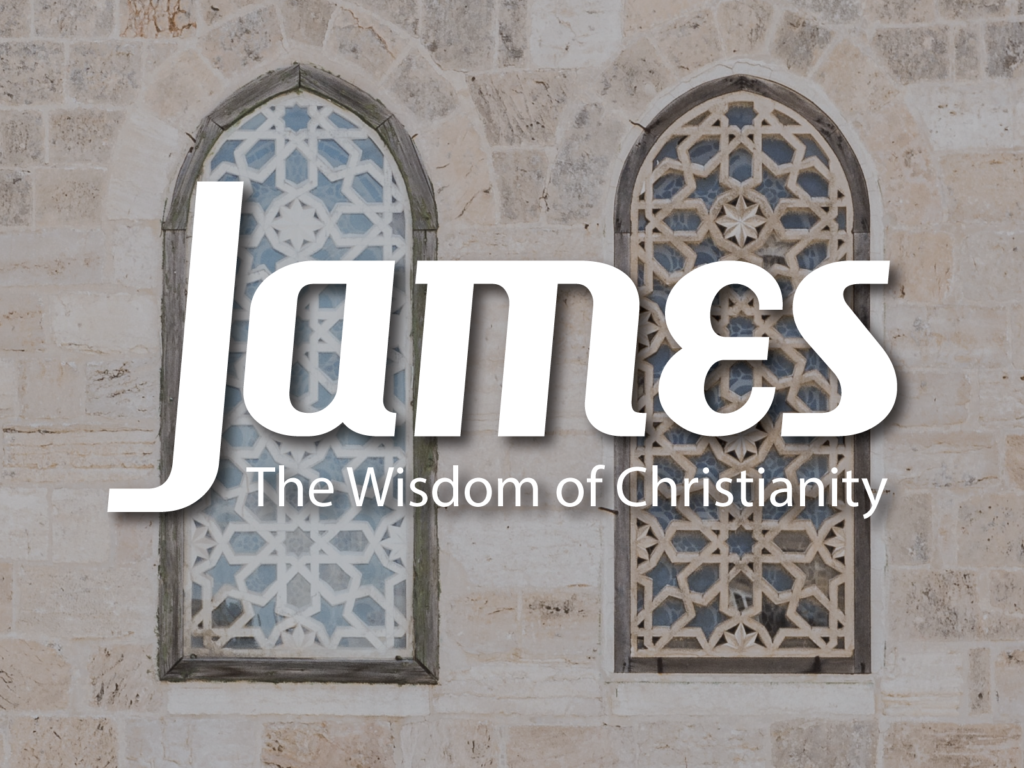In this paragraph James expands on his exhortation that Christians show no partiality. James is not condemning the sort of proper honor shown to those whom honor is due. For example, children are most certainly to honor their parents. Husbands are to love their wives more than themselves and wives are to submit to their husband’s leadership. Christians are to obey the elders of the church and the civil authorities. The young are to honor the old and so forth. The sin of partiality on the other hand is favoring people on the basis of worldly priorities (beauty, money, gifts, status, etc) for the sake of personal gain. To do this, James tells us, is such a grievous sin that it represents a violation of God’s “royal law,” that is, it breaks one of the two laws which sum up the entirety of God’s moral law: “You shall love your neighbor as yourself.”
James links this to the necessity of showing mercy (vv. 12-13). He warns here of God’s coming judgment and in doing so announces that Christians are under a “law of liberty.” For Christians, the royal law, the law that we love our neighbor, is liberating just like the entirety of God’s moral law. It frees us from the sort of self-serving favoritism of partiality. It frees us from bitterness because in loving our neighbor we leave all ultimate judgements to God. The royal law liberates us to love our neighbor rather than living in the bondage of seeking to exact judgment. Our posture toward our neighbors, therefore, is one of love; a love which refuses both partiality and harsh judgment just as God loved us in Jesus Christ.
More From This Series

James: The Wisdom of Chrsitianity
- Part 16: Prayer and Care in the Body of Christ 09/12/21
- Part 15: Enduring to the End 09/05/21
- Part 14: Riches That Rot 08/29/21
- Part 13: A Christian Way of Speaking 08/22/21
- Part 12: More Grace 08/15/21